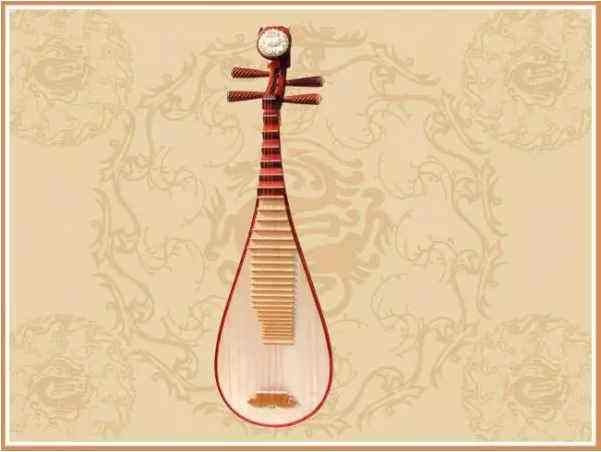How to Cultivate the Psychological Quality of Pipa Students
In the teaching of musical instruments, some students have good natural conditions, a good sense of music, and their training is very formal. Whether they usually practice music or etudes, they are relatively complete. Students may not be outstanding in normal times, but they are very stable and perform well in exams; some students feel very nervous and overwhelmed when their performance is slightly disturbed, and they are often not as smooth as off-stage in terms of technology. Break down", pause or miss an entire segment. This is what we usually refer to as mental quality. What aspects should we start from to cultivate students' psychological quality?

1. Cultivate students to have a strong desire to play
In order to let the students get exercise as soon as possible, make them have a strong desire to play, and be able to play in public places with ease, so that the thoughts and feelings of the music are not only in line with the spirit of the original work, but also creatively expressed, which requires teachers to come excitation. Teachers should train and cultivate students' performance ability in a planned, purposeful and conscious way in the teaching process.
2. Cultivating students' harmonious mental state
In order to cultivate a harmonious state of mind, teachers should do more preparations when training students. After a piece of work is arranged to the students, it is required in stages. First, the students are required to prepare reading scores, the rhythm must be stable, and then the mode and tonality should be analyzed. state
3. Cultivate students' perseverance in learning
When some students are learning a certain musical instrument, once there are some difficulties, it is difficult to persevere and lack perseverance. In this case, teachers should patiently help and induce in the teaching process, cultivate students' enthusiasm for learning, encourage them to take the lead, expand Students' knowledge, so that they can enhance their self-confidence.
4. Cultivating students' adaptability
Every student will encounter unexpected situations when playing. Usually, let the students understand the difference between performance and practice, and learn to adapt. In order to try to narrow the gap, teachers need to organize several students to observe each other and learn from each other often during small classes to create a formal performance atmosphere. Try to let the students train in the performance venue as much as possible, so that the students can be proficient in the performance status in different occasions. In addition, psychological hints are also very important when performing on stage. Before going on stage, let students recall the scenes of good performance in class, which will increase their self-confidence and ease their nervous emotions.
5. Train students to prepare for performance
A good performance must achieve the parallel development of logical thinking and image thinking. Teachers should help students to understand and familiarize themselves with the environment and the musical instruments used, analyze the trend of music form, tonality, rhythm, and melody, change control of strength and weakness, and expressiveness of music, all of which must be carefully and repeatedly scrutinized. You should also listen to your performance wholeheartedly, in order to adjust the psychological emotions in the performance in time, so that the music can reach the beauty of harmony.
In short, the formation of a good performance psychological quality is based on mastering good performance methods, but also on the accumulation of unremitting practice and proper teaching methods by teachers.
 渝公网安备 50010702504639号
渝公网安备 50010702504639号